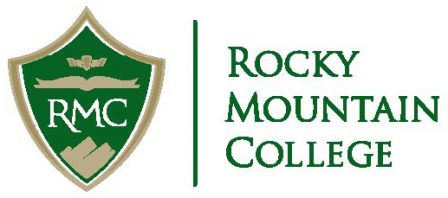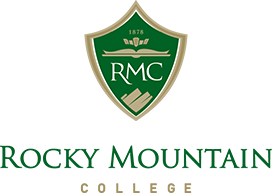Clinical Phase
April 27, 2023 2024-01-25 17:52The final 12 months of the PA program constitute an extended period of clinical practice experience under the supervision of a health care provider, usually physicians or physician assistants. The emphasis during this year is primary care, which is divided into eight rotations. Our clinical training sites are located throughout a vast geographic area, most of which are rural. Students must be able to travel to accomplish their clinical practice rotations.
All arrangements for and expenses associated with travel and living accommodations during the clinical phase of the program are the responsibility of the student.
Students are not allowed to establish their own clinical practice rotations. Students who wish to recommend a possible new preceptor must do so, in writing, using the preceptor recommendation form. The program will evaluate the suitability of all prospective clinical preceptors to insure adequate and comparable clinical experiences are provided by all preceptors utilized by the program.
All clinical experience preceptorships must be scheduled by the clinical coordinator or other official program representative.
Under no circumstances will students personally contact prospective or established program preceptors, nor take any actions toward establishing their own clinical practice rotations without written permission. Doing so will be considered a violation of program policy that may lead to dismissal from the program as evidence of unacceptable unprofessional behavior.
Once a rotation is confirmed, no student requests for changes to the scheduled rotation will be accepted. The program reserves the right to change an established student's clinical rotation schedule at any time and without notice. These types of changes do not occur frequently, but are sometimes necessitated when the program receives last minute notification from a scheduled preceptor of a change in his/her availability. Any attempt by a student to change a confirmed clinical rotation will be considered a violation of program policy that may lead to dismissal from the program based upon unacceptable unprofessional behavior.
Students on clinical rotations must be prepared to work any and all hours designated by their preceptor and must be available a minimum of 40 hours per week. Preceptors determine the student's schedule and clinical activities (in-patient rounds, out-patient clinic, surgical cases, etc.) throughout the assigned clinical rotation, which may include weekends, evenings, nights, and/or being on-call. Any student who fails to fully comply with the designated schedule or fails to complete the program's minimum requirements established for a specific clinical rotation (as outlined in the course syllabi) will receive a failing grade (F) for the rotation and will be subject to dismissal in accordance with the program retention standards.
Clinical rotations outside the program's designated geographic region (Montana, Wyoming, Colorado, North and South Dakota, Idaho, and Utah) that have been requested by the student will only be approved for students who are in good standing.
Prior to any clinical exposure, all students must successfully complete the program-provided Health Insurance Portability and Accountability Act (HIPAA) and Blood Borne Pathogens (BBP) training. The program will maintain copies of students' certificate of training. Specific site orientation is also required by some clinical affiliates. Student participation in clinical practice orientation programs is mandatory. Failure to comply will result in dismissal from the program.
Course Schedule (Credits)
- Fall: PHA 651 Clinical Rotations I (12)
- Spring: PHA 652 Clinical Rotations II (12)
- Summer: PHA 653 Clinical Rotations III (12)
- Summer: PHA 636 Patient Safety - Unifying Themes (3)
- Summer: PHA 638 Case Study and Community Education (Capstone) Project (3)
Course Descriptions
PHA 651, 652, and 653: Clinical Rotations I, II, and III
Students complete clinical rotations as assigned by the physician assistant program.
Clinical Rotation (# Weeks):
- Family Practice (6)
- General Internal Medicine (6)
- Emergency Medicine (6)
- General Surgery (6)
- Obstetrics/Gynecology (6)
- Psychiatry (6)
- General Pediatrics (6)
- Elective (6)
Note: One rotation must be performed in a rural area.
Capstone Project
Students will use concepts and skills from Evidenced Based Medicine: Research, Communications and Applications, and Professional and Medical Practice Issues and apply them to a chosen case study researched during the clinical year. Development of a literature supported case study and a written 3-5 page paper will be mentored by the director of clinical education and supported by core faculty. The project will conclude with an oral presentation to faculty the week of graduation. The presentation will be critiqued with an eye toward having the student leave their clinical rotations with a presentation that is ready to be used in a community setting.
Contact
Rocky Mountain College
1511 Poly Drive
Billings, MT 59102


